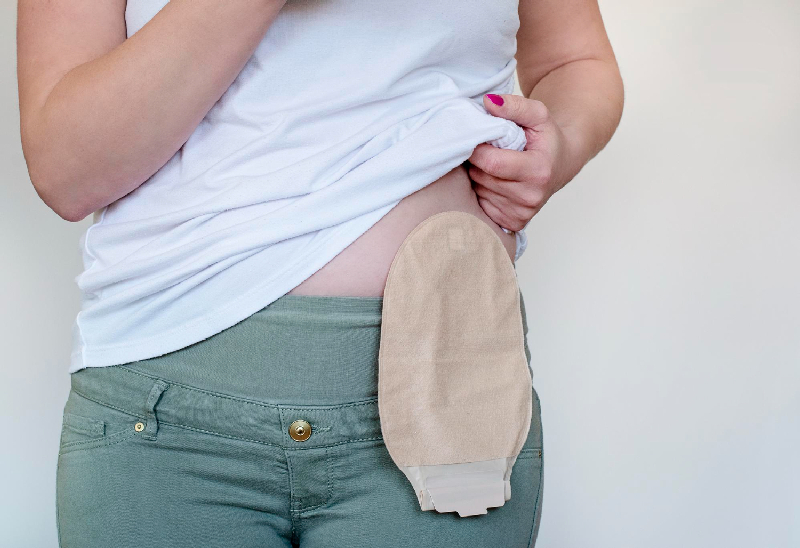Undergoing ear surgery in Islamabad can be a life-changing experience, whether it’s for repairing an eardrum, reshaping the outer ear, or addressing hearing issues. After surgery, your body needs time to heal, and one of the most important aspects of recovery is how you sleep. The way you position yourself during sleep can directly impact the healing of the surgical area, minimizing discomfort and preventing complications. In this blog, we’ll explore the best ways to sleep after ear surgery, helping you rest well while promoting a smooth recovery.
Table of Contents
ToggleWhy is Sleeping After Ear Surgery Important?
Sleep plays a critical role in the recovery process. It allows the body to repair itself, reduce inflammation, and enhance immune function. However, after ear surgery, how you sleep is just as important as how much sleep you get. Sleeping incorrectly can put pressure on the ear, interfere with stitches, and even increase the risk of infection. The right sleeping position can help promote proper healing, reduce swelling, and alleviate discomfort.
Key Tips for Sleeping After Ear Surgery:
1. Sleep on the Opposite Side:
One of the most important rules after ear surgery is to avoid sleeping on the side of the operated ear. This prevents pressure on the healing area and reduces the risk of irritating the stitches or surgical site. If the surgery was done on your left ear, sleep on your right side, and vice versa. If you are accustomed to sleeping on your side, this may be an adjustment, but it’s necessary for your recovery. If you are unable to sleep comfortably on the opposite side, you can try sleeping on your back.
2. Elevate Your Head:
Sleeping with your head elevated can help reduce swelling and improve blood circulation to the affected area. Elevating your head to around a 30-degree angle will reduce the pressure on the ear and encourage fluid drainage, aiding in quicker recovery. You can use extra pillows to prop up your head, or even consider sleeping in a recliner for added comfort and elevation. Keeping your head elevated also reduces the risk of fluid buildup and minimizes post-surgery inflammation.
3. Use a Travel Pillow:
A travel pillow, or neck pillow, can be a great addition to your post-surgery sleep routine. This pillow will help support your neck and prevent it from tilting in uncomfortable positions while you sleep. It also reduces the likelihood of rolling onto the side of your surgical ear while you sleep. Using a travel pillow can offer additional comfort, especially if you are used to sleeping on your stomach or side.
4. Avoid Sleeping on Your Stomach:
While sleeping on your stomach might feel comfortable to some, it should be avoided after ear surgery. This position can put unnecessary pressure on the ear, which could interfere with the healing process. Additionally, you may inadvertently roll onto the operated ear, causing irritation and discomfort. To promote healing and avoid complications, try to sleep on your back or opposite side, whichever is more comfortable.
5. Protect the Ear with Bandages or Dressings:
After surgery, your doctor may apply a bandage or protective dressing to the operated ear. It’s important to keep this bandage in place while sleeping to prevent any irritation or infection. To ensure the dressing stays secure during the night, you can use a soft headband or cloth to hold it in position. However, make sure that the material is breathable and comfortable to avoid irritating the ear.
6. Avoid Sudden Movements:
If you tend to toss and turn during the night, you may need to make some adjustments to your sleeping environment. Sudden movements can place pressure on the healing ear, and it can also increase the risk of accidentally rolling onto the surgical site. Try placing pillows around you to create a barrier that prevents rolling or moving too much during sleep. A body pillow can also help stabilize your position, offering added support and comfort.
7. Create a Calm and Quiet Environment:
In the days following ear surgery, your ear may be sensitive to sound. To help you sleep better, create a quiet, calm environment. Consider using earplugs, a white noise machine, or soft background music to drown out any disturbances. A peaceful, noise-free environment will reduce stress and improve the quality of your sleep. Additionally, keep the room cool and well-ventilated to prevent overheating or discomfort.
8. Follow Your Surgeon’s Instructions:
Every ear surgery is unique, and your healthcare provider may offer specific guidelines for sleep based on the type of procedure you underwent. Always follow your surgeon’s aftercare instructions to ensure the best possible recovery. If your surgeon recommends particular positions, products, or precautions while sleeping, it’s essential to follow those instructions carefully to avoid complications and ensure healing.
When to Contact Your Doctor:
If you experience any of the following symptoms after ear surgery, it’s important to reach out to your doctor:
- Severe pain or discomfort that does not subside with medication
- Excessive swelling, bruising, or redness around the surgical site
- Foul-smelling discharge or drainage from the ear
- Fever or chills, which could indicate infection
- Difficulty sleeping due to pain or discomfort, even when following recommended sleeping positions
Conclusion:
Proper sleep after ear surgery is crucial for a smooth and quick recovery. By following these tips, such as sleeping on the opposite side, keeping your head elevated, and using a travel pillow, you can enhance the healing process and avoid complications. A good night’s sleep is an essential part of recovery, so be sure to create a comfortable, supportive sleep environment that promotes relaxation and minimizes discomfort. By following your doctor’s aftercare instructions and being mindful of your sleeping habits, you’ll give your ear the best chance to heal effectively.
For more information visit Dynamic Clinic PK



